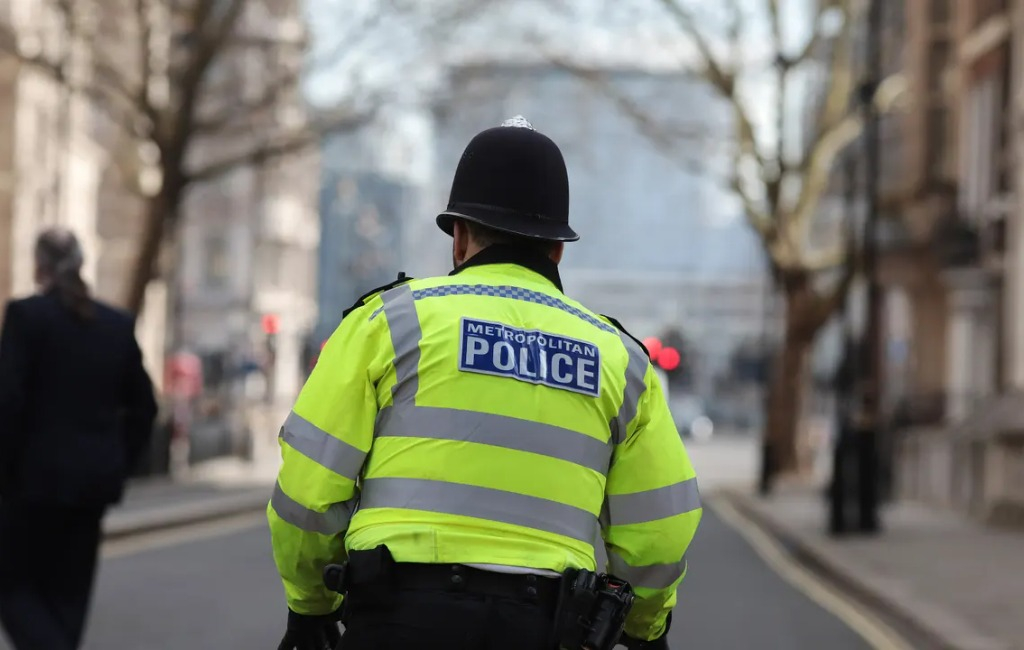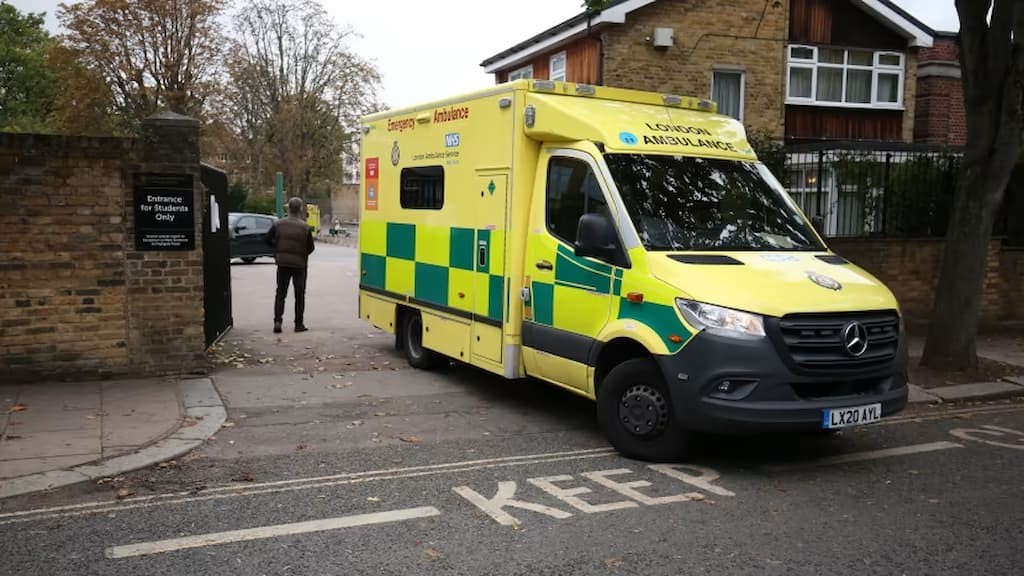Met Police Not To Attend Mental Health Calls
By Hira Waheed
29 May 2023
In a significant announcement, the Metropolitan Police in the UK will no longer attend emergency calls related to mental health incidents, according to the force's commissioner, Sir Mark Rowley. The decision aims to alleviate the strain on police resources and ensure that individuals in mental health crises receive appropriate medical care. However, the move has raised concerns among ambulance workers, paramedics, and NHS staff, who are already facing challenges due to budget cuts and stretched mental health services. Let's explore the details of this decision and its potential implications.


The Decision and Deadline
Sir Mark Rowley stated that he will order his officers not to attend thousands of mental health-related calls they receive each year. The ban is set to take effect from August 31, with exceptions only made in situations where there is a threat to life. Rowley believes that diverting police officers from their primary role of fighting crime and responding to emergencies hampers their effectiveness and compromises the well-being of patients who require specialized medical attention.
The Need for Change

The Metropolitan Police's decision comes as a result of mounting pressure to alleviate the burden placed on police officers in handling mental health incidents. The letter highlights the urgent need for reform, emphasizing that the current approach is untenable. Rowley emphasizes that the existing practice of sending police officers instead of medical professionals to individuals in mental health crises is not only inadequate but also detracts from the force's ability to prevent and solve crime while properly addressing the needs of victims.
Impact on Londoners
Sir Mark Rowley underscores the impact on Londoners in his letter, noting that maintaining the status quo fails patients and places an undue burden on police officers. By involving police instead of medical experts in mental health emergencies, Londoners are let down twice. Rowley emphasizes the urgency of implementing the right care, right person (RCRP) scheme, aimed at shifting the responsibility for mental health incidents from the police to health professionals. This transition would free up police resources for crime prevention and victim support, better serving the community.
The Strain on Police Resources
The letter cites data from a national police study, which reveals that officers spend almost a million hours each year waiting in hospitals for mental health patients to be assessed. This amount of time is equivalent to attending 500,000 domestic abuse incidents or 600,000 burglaries. Rowley's letter further states that Met police officers spend 10,000 hours per month dealing with mental health issues, with the handover process to medical staff taking up to 14 hours. The strain on police resources is evident, and it is clear that reform is necessary.
Reforming the Approach
The RCRP scheme, originally implemented in Humberside, serves as a model for police and health services to collaborate in handling mental health calls. The success of this approach has prompted discussions on extending it nationwide. By involving health professionals rather than police officers, the scheme aims to provide appropriate care for individuals in mental health crises, ensuring they receive the support they need while alleviating the burden on the police.
You Might Also Want To Read This
Popular Posts






